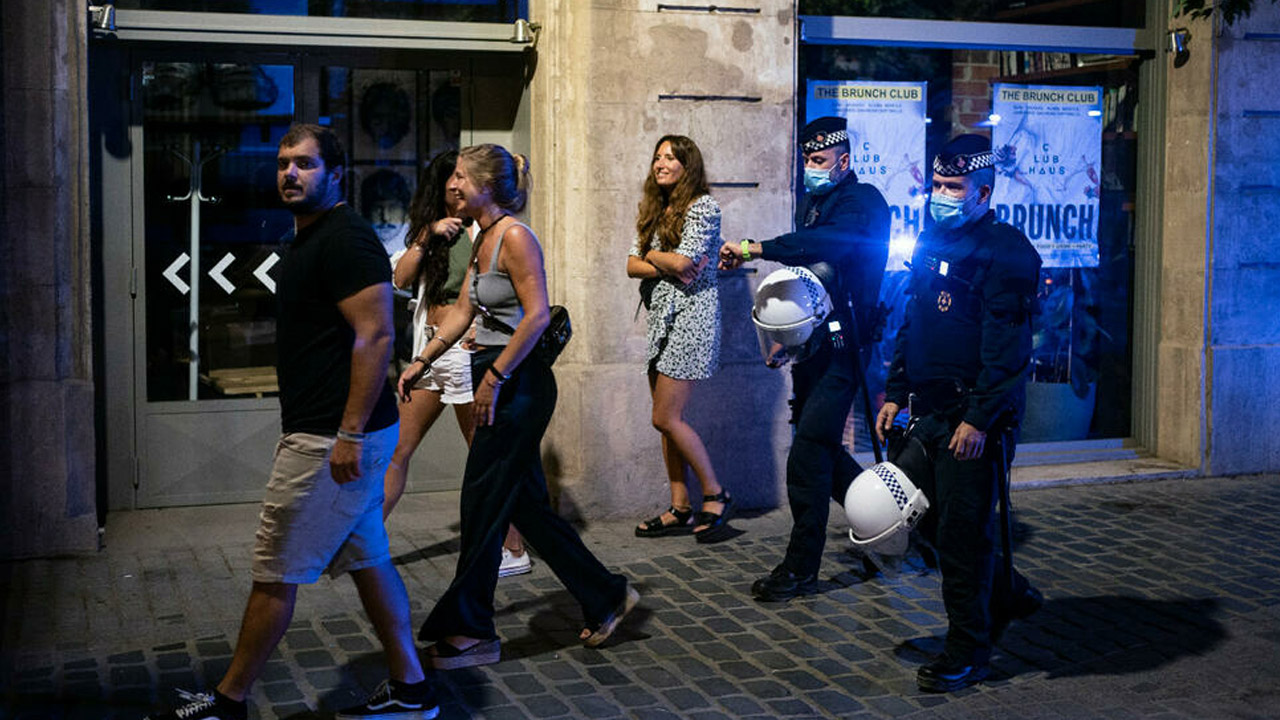
A Spanish court rejected Monday a request by the regional government of Catalonia to reimpose a virus curfew in Barcelona and dozens of other cities, arguing the measure was “disproportionate” as infections have fallen.
The Catalan government on Friday sought court approval to impose a nightly curfew in municipalities of 20,000 residents or more where infection rates exceed 125 cases per 100,000 inhabitants over a seven-day period.
This would apply to 62 municipalities, including Barcelona and popular beach resorts like Lloret del Mar, Salou and Cambrils.
The request came a day after Catalonia’s top court refused to extend a nightly curfew imposed in mid-July in most municipalities in the northeastern region which is home to some 7.8 million people.
The High Court of Justice of Catalonia had given the green light to extend the curfew three times, but it argued the measure was now only justified in 19 municipalities.
On Monday, it ruled that the new request for a curfew that would have applied only to Catalonia´s largest cities “was even more unnecessary and disproportionate”.
“The control of social interactions is not a measure which should be authorised by the courts,” the High Court of Justice of Catalonia argued.
Health is the responsibility of regional governments in Spain, but measures affecting freedoms, such as freedom of movement, must be authorised by the courts.
The head of the regional government of Catalonia, Pere Aragones, said the curfew was “not a matter of public order, it is a health issue.”
“And therefore we need to have instruments to prevent new infections, especially now that they are going down,” he said during with Catalan TV shortly after the court ruling.
Catalonia had an infection rate of over 1,000 cases per 100,000 inhabitants when it imposed the curfew in mid-July, double Spain’s national average.
But as of Friday, that figure had fallen to 302, lower than the national average of 345, according to health ministry figures.



